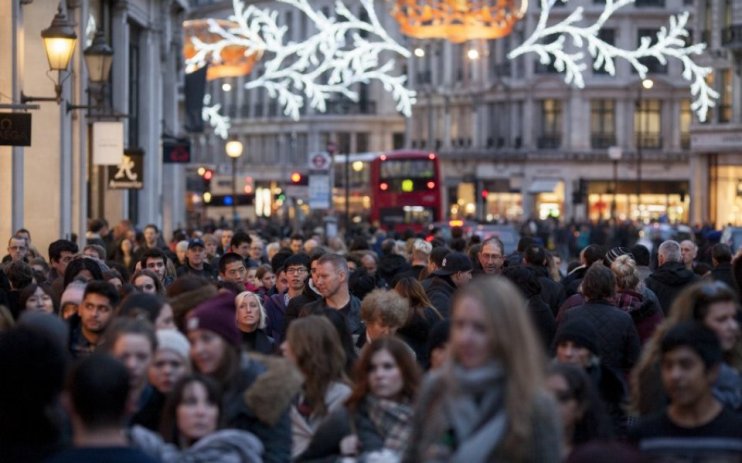High street spending slumps amid retail’s Covid recovery

The high street’s Covid recovery has been slowed by the economic slump, with shoppers cutting back on shopping sprees last month.
According to freshly published statistics from Springboard, the recovery of retail footfall slowed for the third month in a row.
Footfall increased just 6.8 per cent, compared to a 15.6 per cent boost in July and 8.6 per cent in August.
Households are facing budget constraints after historic leaps in energy and grocery bills this year.
Retail gurus warned that spending was set to further slow across the country’s retail destinations in the months to come.
While the government’s energy price guarantee has “eased some of the severe doom felt by many households,” the rampant pace of inflation plus recent hikes in interest rates signals a shopping slowdown from October onwards.
Springboard cautioned that the impact of these factors on retail sales would be “immediate”, also predicting that fewer trips would be made to larger shopping centres due to high travel costs.
High streets have been particularly hit hard by a slump in shopping activity while shopping centres saw a marginal strengthening in activity in September.
Hybrid working was also a barrier to the recovery of footfall to pre-pandemic levels, the data firm said.
Around half of all employees continuing to work at home for at least part of the working week meant that high street activity was still “significantly lower than in 2019,” during the week.
In September, footfall in UK high streets during weekdays was -17.4 per cent below 2019, compared to just -6.9 per cent below 2019 at the weekend.
It comes as Tesco yesterday warned of “tough times” ahead with Brits presently “watching every penny to make ends meet”.
The grocery giant reported a slimmer profit for the first half, after customer behaviour has normalised after lockdown and the supermarket has invested in keeping its prices competitive for shoppers.
It was “too early to predict” how customer behaviour may adapt further to the macroeconomic pressures in the second half, Ken Murphy, Tesco chief executive, said.
When asked by CityA.M. about the government’s cost of living support measures for customers, Murphy said it was “very hard to tell” whether measures would go far enough to help Brits.
The supermarket boss acknowledged that ministers had made a “clearly substantial investment” in an energy price cap limiting average households’ gas and electricity bills to £2,500 per year.